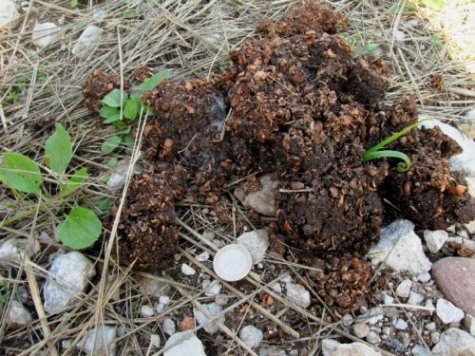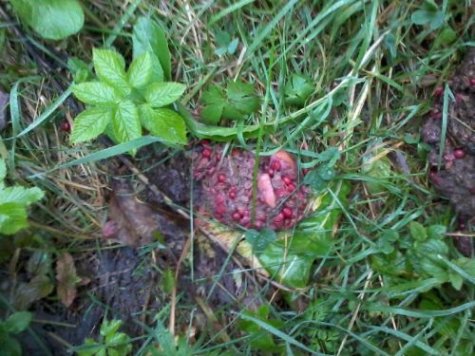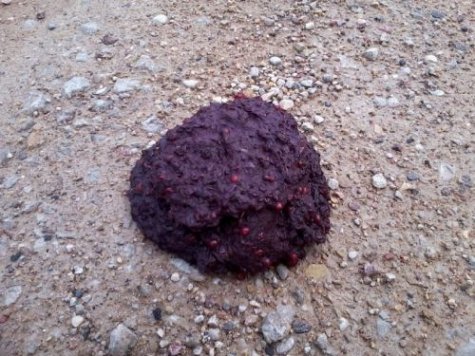Text and photos:
Bert Rähni, 360.ee
Translation:Liis
In September cranberries ripen in bogs and the bear scat heaps turn decorative with undigested red berries.
The bears become more visible again as an intense forced eating goes on in order to put on enough fat for the winter sleep. Visits to boar feeding places set up by hunters and to apple orchards become more frequent. Droppings can contain cranberries, cowberries, pure cereals, apples and for instance also wasps.
Emotions of wild animals may be difficult to trace in general but the pranks of bears offer fuel for conversations. A tree stump left on a forest road gets thrown far into the bushes, an empty food trough for wild boars is reduced to matchwood, and anything else that gets in the way of eating is thrown around in fits of “rage“. During autumn bears visit beehives more often as well: large amounts of food rich both in carbohydrates (honey) and in proteins (eggs and larvae) can be had there.
This year was an exceptionally good hazelnut year, and hazelnuts were added to the bears' diet. In some places the droppings consisted mostly of nut shells.
The Alutaguse cowberry (lingonberry) harvest was very good and this showed up in forest clearings when searching for bear tracks.
Apparently this year’s generous gifts of nature harvests in the forest keeps the bears fixed in place in the forest and this is probably why bears have been observed so seldom at the Alutaguse bear hut.
In October the bruins must collect the last fat reserves. Eat, eat, and the more and the fatter, the better. Before the winter sleep the bears may again slay bovines. During that time the honey-paws can consume 20 000 kilocalories of energy per day – the equivalent of some 400 apples. A fully grown bear thus increases its weight by about 400 grammes per day. According to different data a bear weighs 20-30% more in autumn than in spring. For female bears that will give birth the weight difference may be doubled. Towards the end of October the brown bears in our forests become more sedentary, stay near their wintering place, and eat less intensely.











